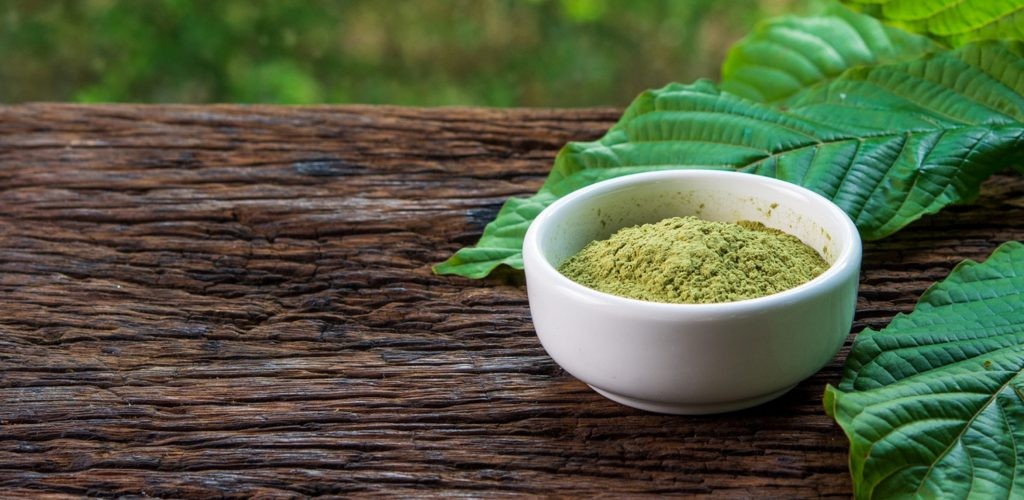As kratom continues to gain popularity and recognition for its potential health benefits and natural properties, the role of kratom vendors in the industry becomes increasingly significant. These vendors serve as the bridge between kratom enthusiasts and the source of this botanical treasure, facilitating access to a diverse range of strains and products while ensuring quality, safety, and customer satisfaction. To truly appreciate the vital role of kratom vendors, it’s essential to delve behind the scenes and understand the intricate processes and responsibilities that define their operations.
At the heart of a kratom vendor’s role lies the sourcing and procurement of kratom products. Kratom is native to Southeast Asia, where it has been used for centuries by indigenous communities for its various therapeutic properties. Kratom vendors establish relationships with local farmers and suppliers in countries like Indonesia, Thailand, and Malaysia, where kratom is cultivated and harvested sustainably. These partnerships enable vendors to access fresh and high-quality kratom leaves, ensuring that customers receive products of exceptional potency and purity.
Once the kratom leaves are harvested, they undergo a series of processes to transform them into the diverse range of products available to consumers. Kratom vendors are responsible for processing, drying, and grinding the leaves into different forms, such as powder, capsules, extracts, and tinctures. Each product format requires careful attention to detail and adherence to strict quality control measures to preserve the potency and integrity of the kratom. Vendors invest in state-of-the-art facilities and equipment to ensure that their products meet the highest standards of quality and safety.
Quality assurance is a cornerstone of a best kratom vendor operations, encompassing every aspect of their business, from sourcing to distribution. Trusted vendors prioritize quality control measures at every stage of production, conducting rigorous testing to verify the potency, purity, and safety of their products. This often involves third-party lab testing by accredited laboratories, which provide independent verification of the product’s quality and compliance with regulatory standards. By prioritizing quality assurance, kratom vendors instill confidence in their customers, knowing that they are receiving safe and effective products.
Transparency and integrity are fundamental principles that guide the actions of reputable kratom vendors. They provide detailed information about their sourcing practices, including the region of origin, cultivation methods, and harvesting techniques. Additionally, they offer transparency regarding their product labeling, ensuring that customers have access to accurate and comprehensive information about the strain, potency, and dosage recommendations. Trusted vendors also maintain open and honest communication with their customers, addressing inquiries, concerns, and feedback promptly and professionally.
Ethical sourcing and sustainability are essential considerations for kratom vendors, who recognize the importance of preserving the environment and supporting local communities. They prioritize ethical sourcing practices, ensuring fair treatment of farmers and workers and promoting sustainable cultivation methods that minimize environmental impact. Many vendors also participate in social responsibility initiatives, such as community development projects and environmental conservation efforts, to give back to the communities where kratom is sourced. By supporting vendors with ethical practices, customers can feel good about their purchases and contribute to positive change within the kratom industry.




